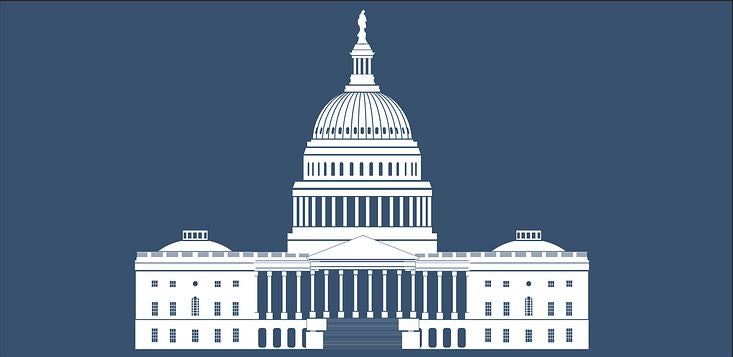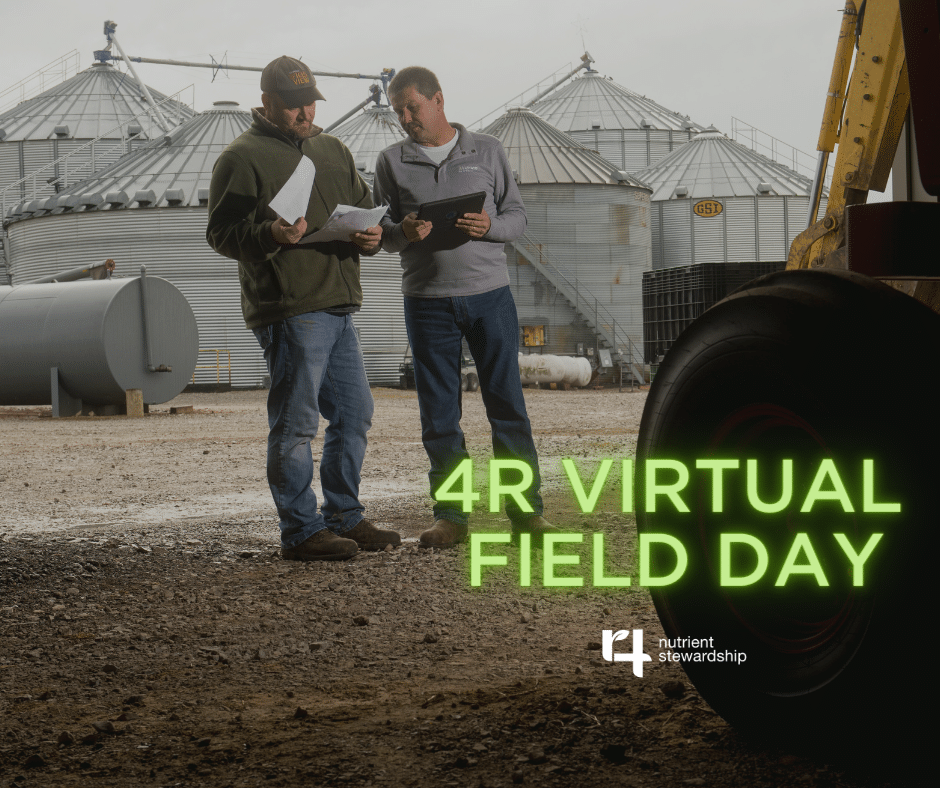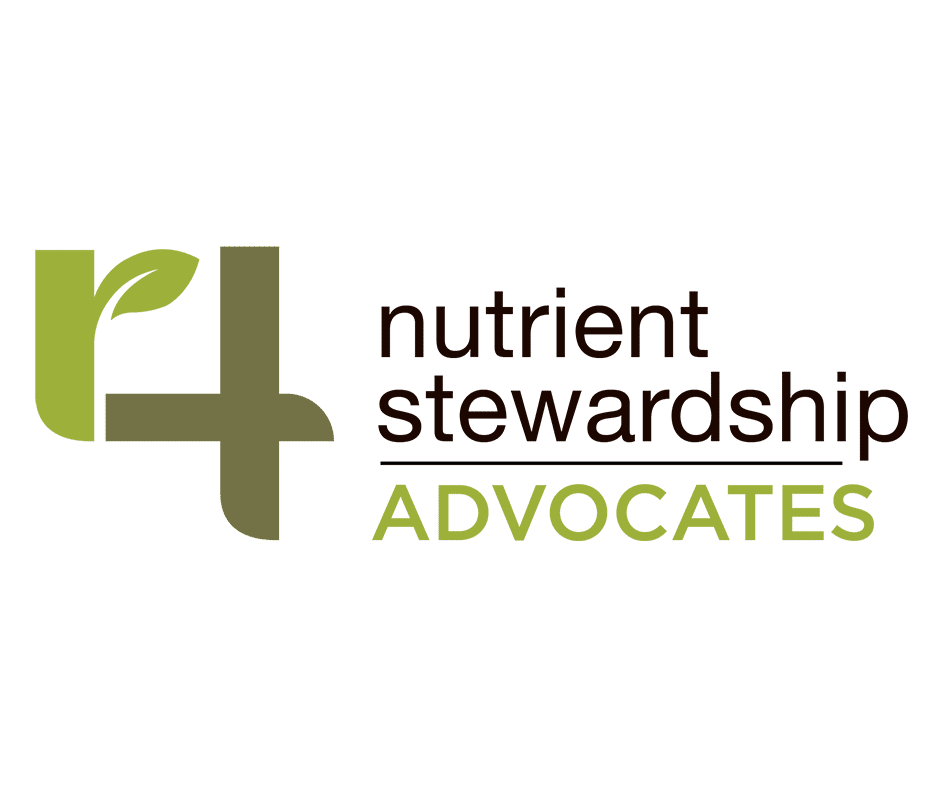Fertilizer Industry Sustainability Record Continues to Improve According to New Industry Data

WASHINGTON, March 11, 2021 – The Fertilizer Institute (TFI) today released new data highlighting industry improvement in sustainability performance in key priority areas of workforce safety, energy and the environment, fertilizer use, and industry innovation.
“The fertilizer industry has always been focused on feeding the world, and as technology advances, we are looking to do that with minimal impact to our communities and environment,” said Corey Rosenbusch, TFI president and CEO. “This data quantifies improvements and tracks progress over time, allowing us to present a transparent picture of the industry in an effort to earn the public’s trust in our products and services.”
TFI has collected data since 2013 on metrics that provide insight into the industry’s efforts to improve safety, security, sustainability, stewardship, and efficiency. The data announced today was gathered in 2020 and reflects industry operations in 2019.
Report highlights include:
- The industry is more than twice as safe as industry peers when compared to benchmark data from the Department of Labor.
- The industry’s performance on the recordable rate metric is the safest it’s been since data collection began in 2013.
- To reduce the industry’s energy footprint, 41 percent of all energy consumed is generated using waste heat rather than pulling from the electrical grid.
- In 2019, the industry captured 29 percent of all CO2 generated per ton of nutrient produced. These greenhouse gases are not emitted into the atmosphere and are used for other industrial uses.
- Nitrogen producers are using 53 percent less water to produce one ton of fertilizer than they did in 2013.
The data includes metrics on segments of the fertilizer industry from fertilizer use on the farm, worker safety, energy and environment, and industry innovation. To learn more about this year’s State of the Fertilizer Industry report, visit fertilizerreport.org.
#
The Fertilizer Institute (TFI) is the leading voice of the nation’s fertilizer industry. Tracing its roots back to 1883, TFI’s membership includes fertilizer producers, wholesalers, retailers, and trading firms. TFI’s full-time staff, based in Washington, D.C., serves its members through legislative, educational, technical, economic information and public communication programs. Find more information about TFI online at TFI.org.








